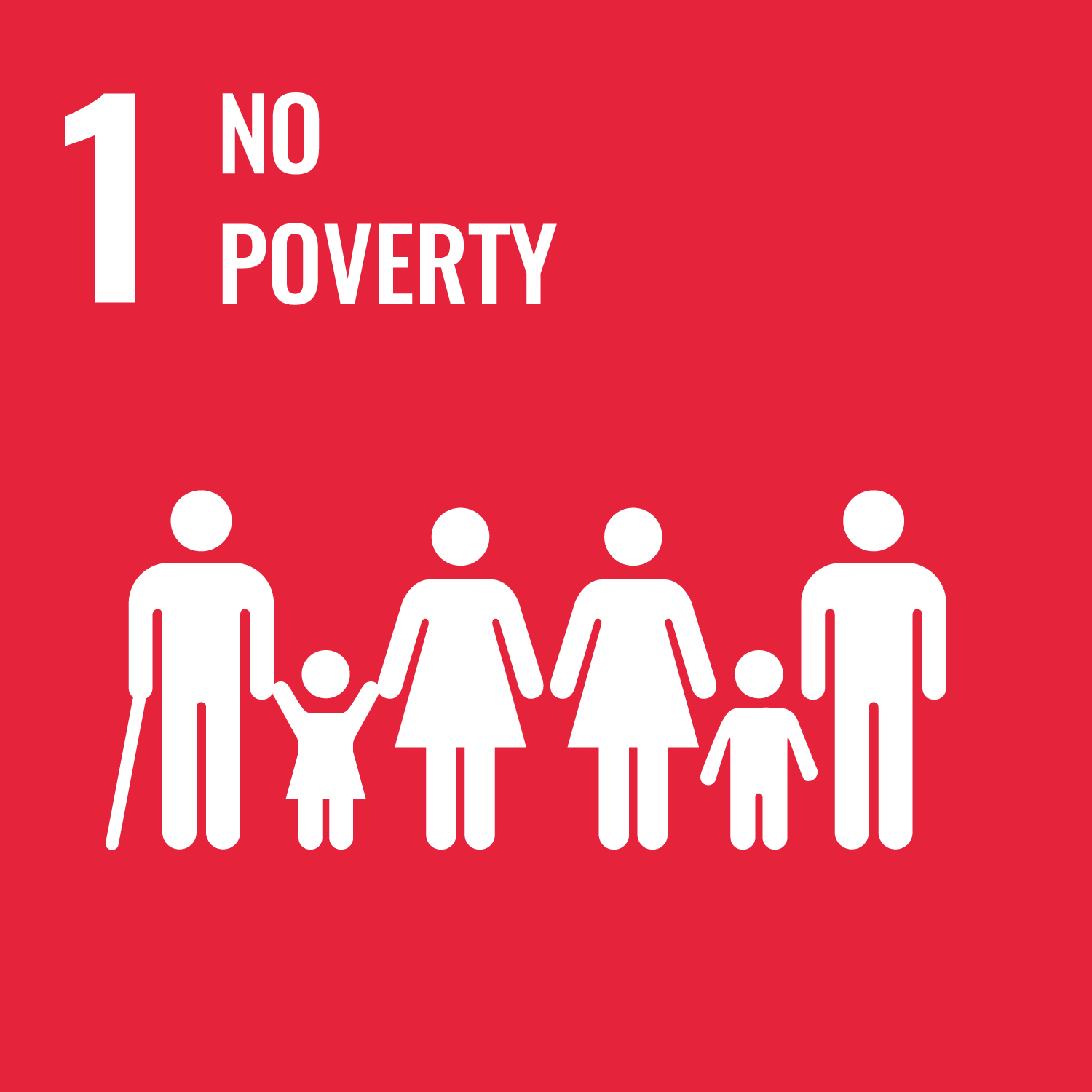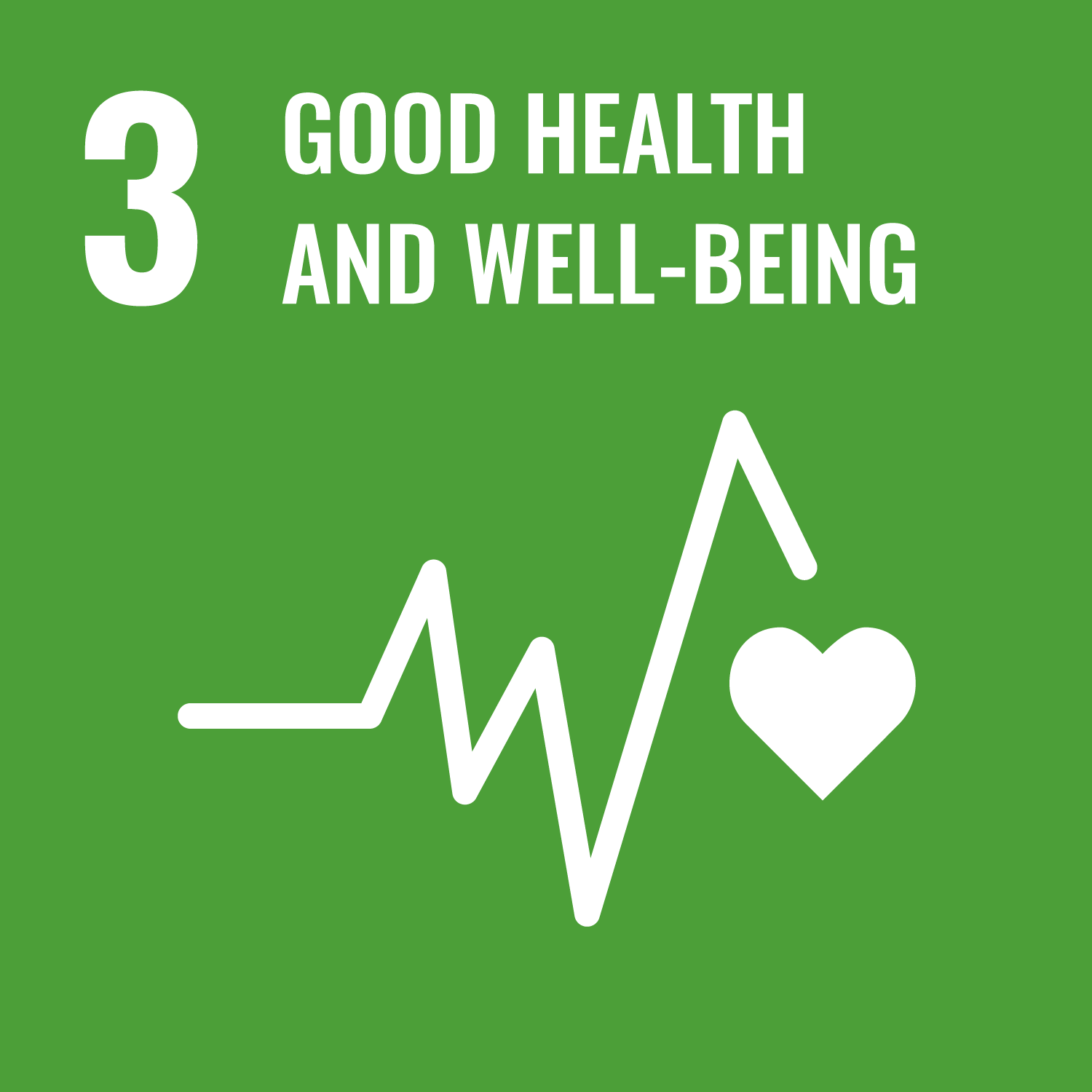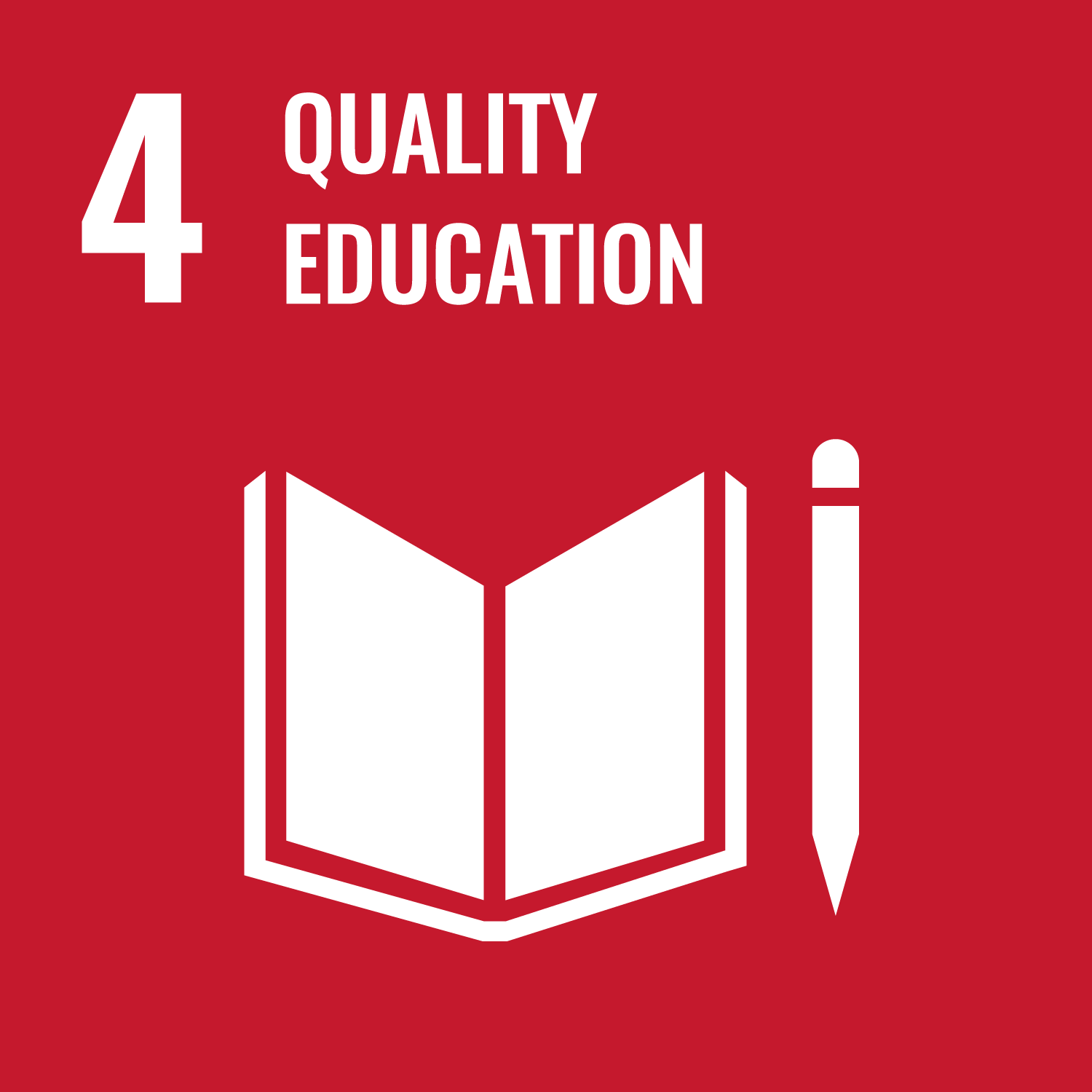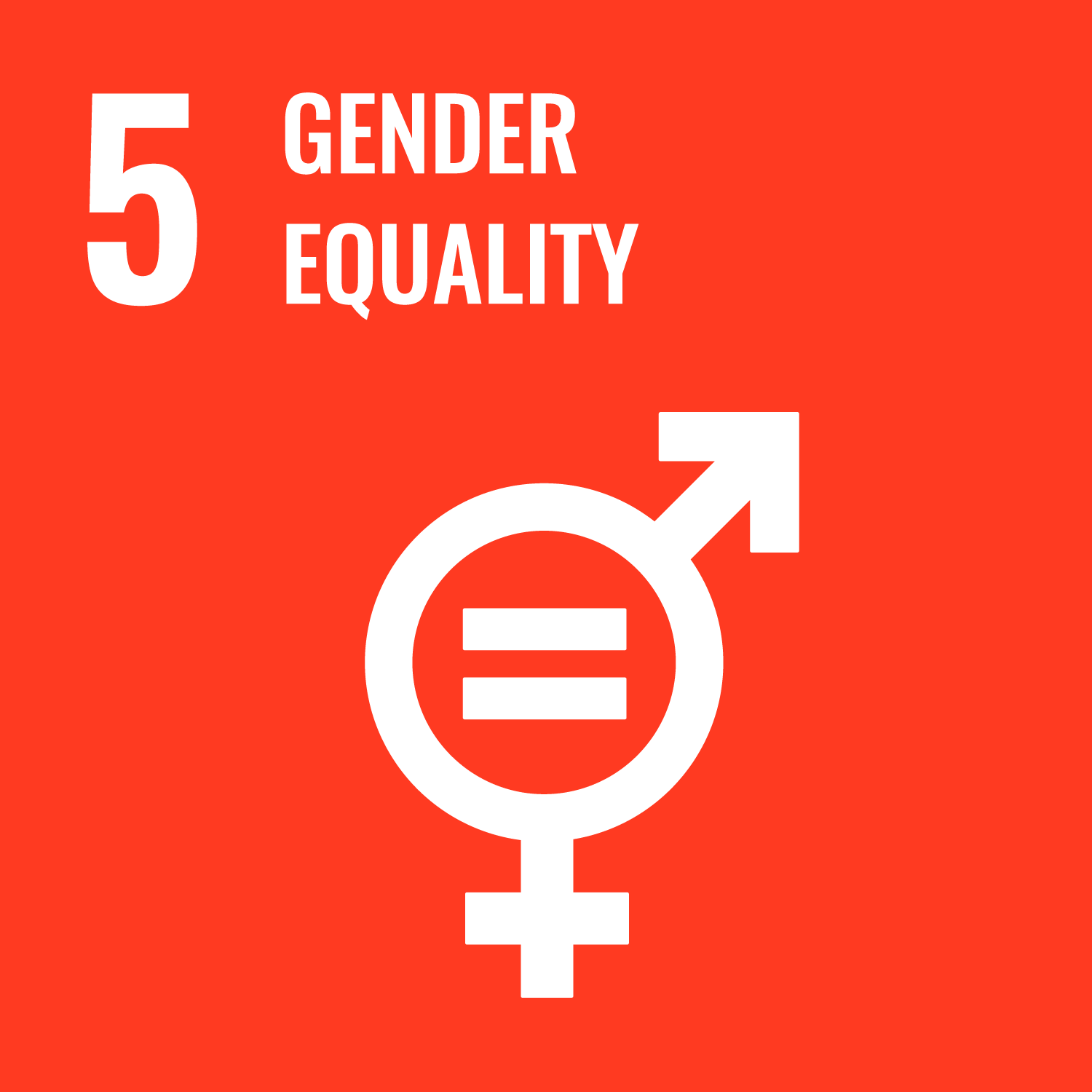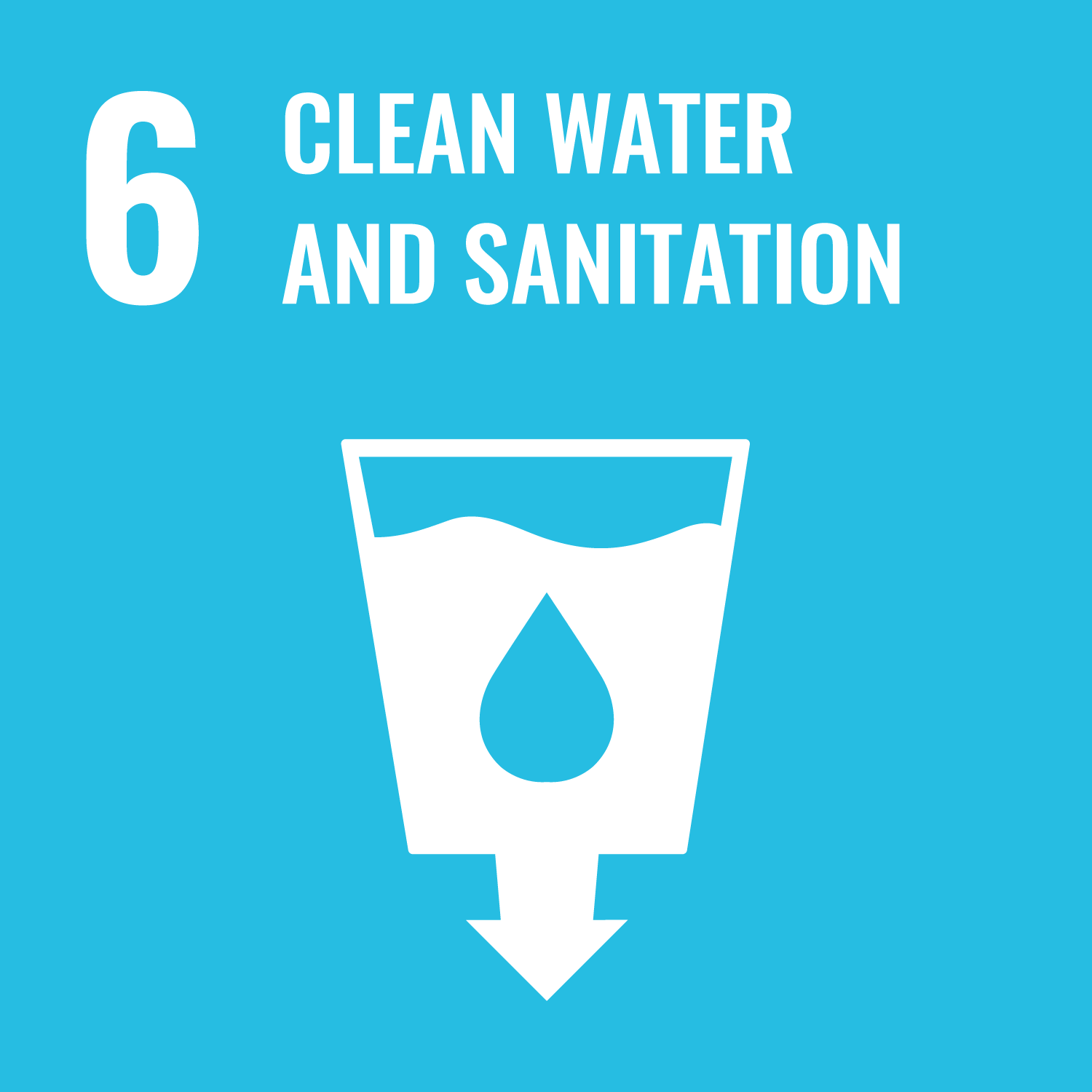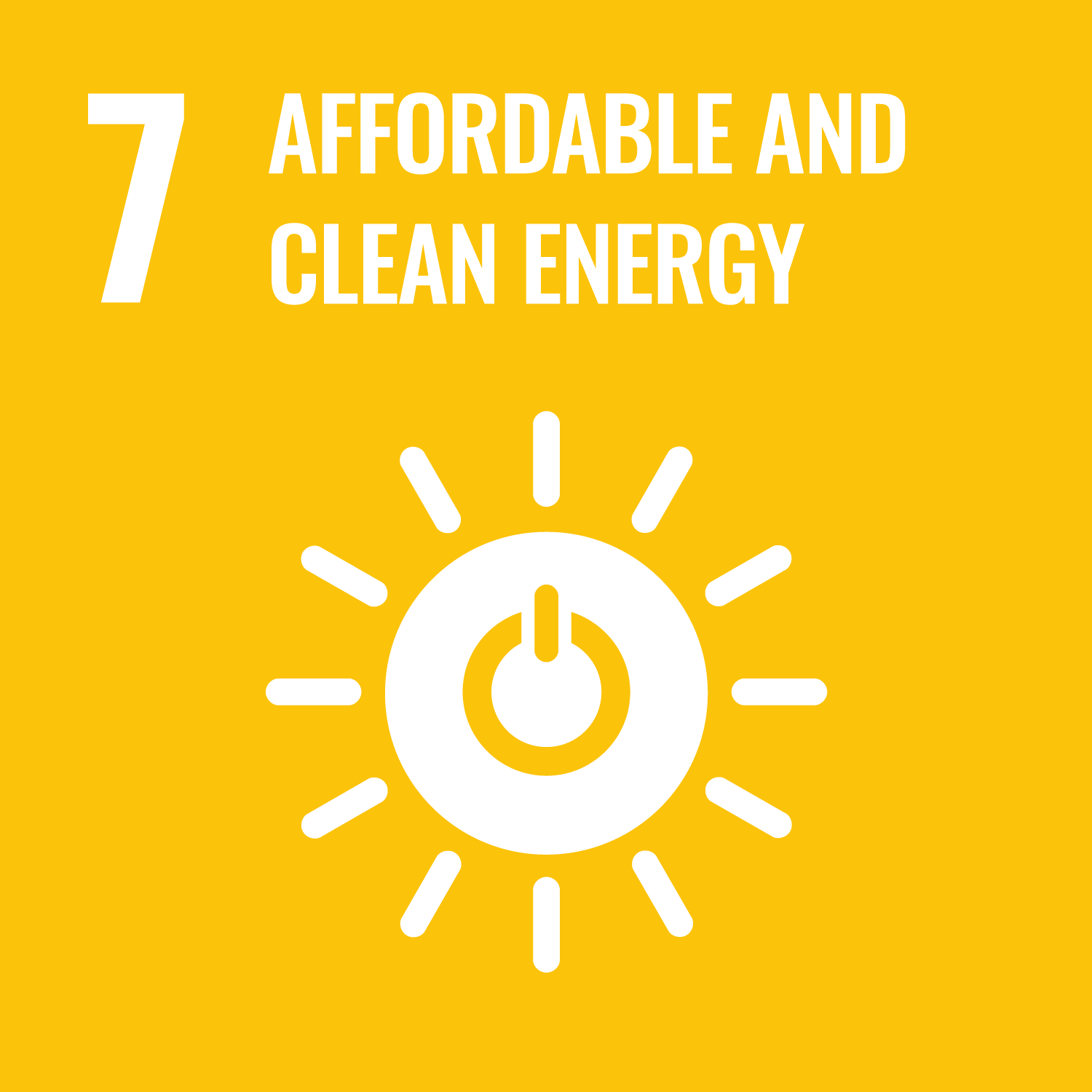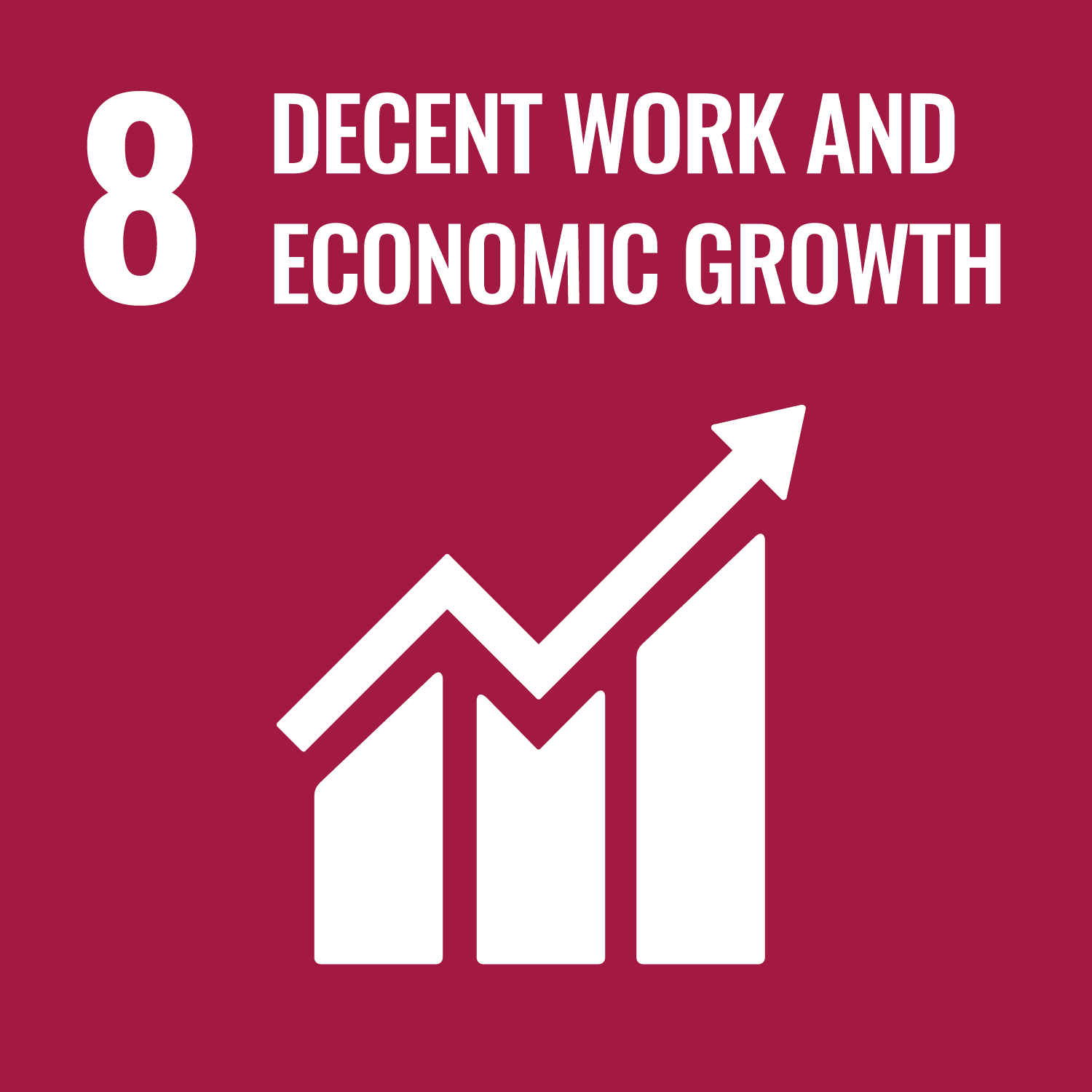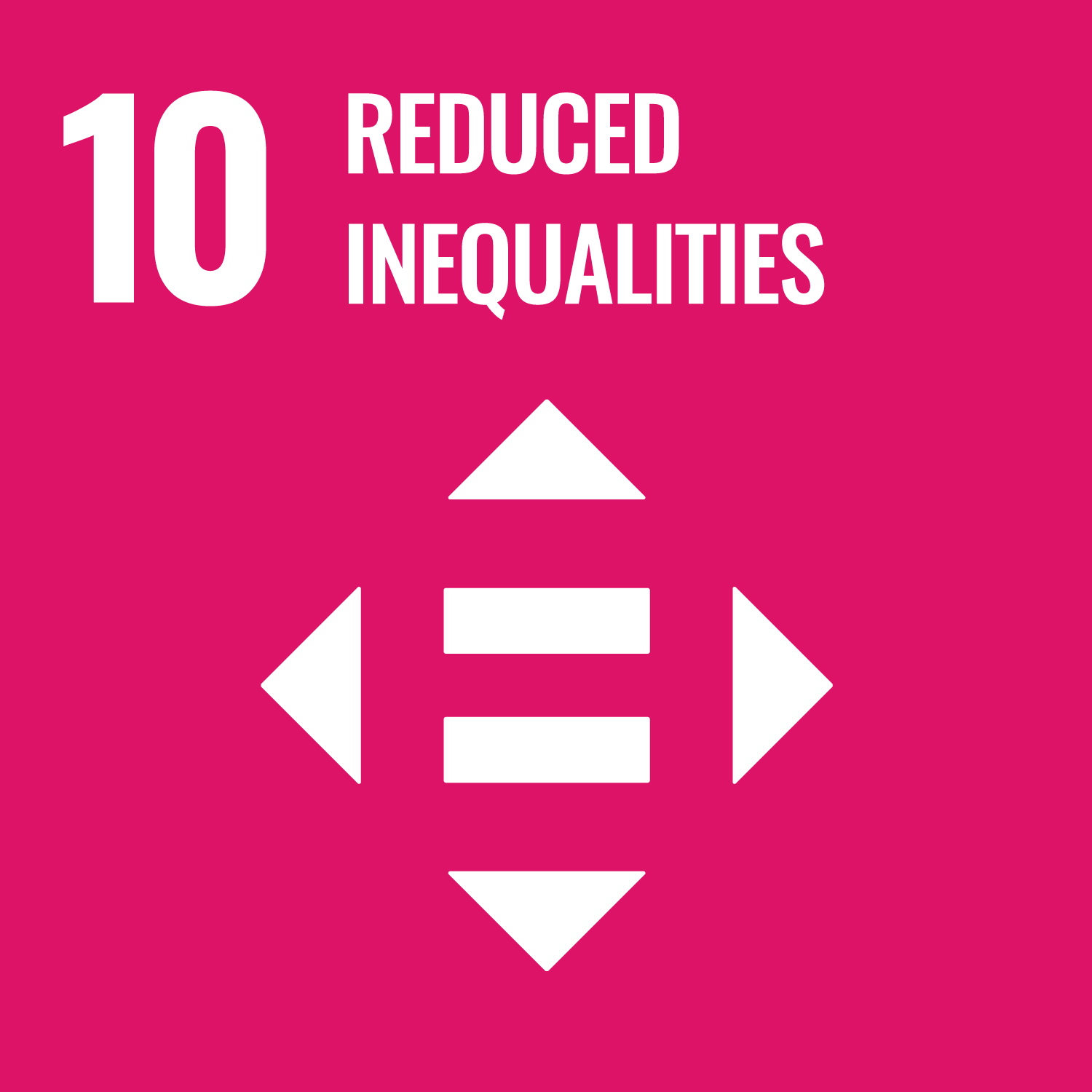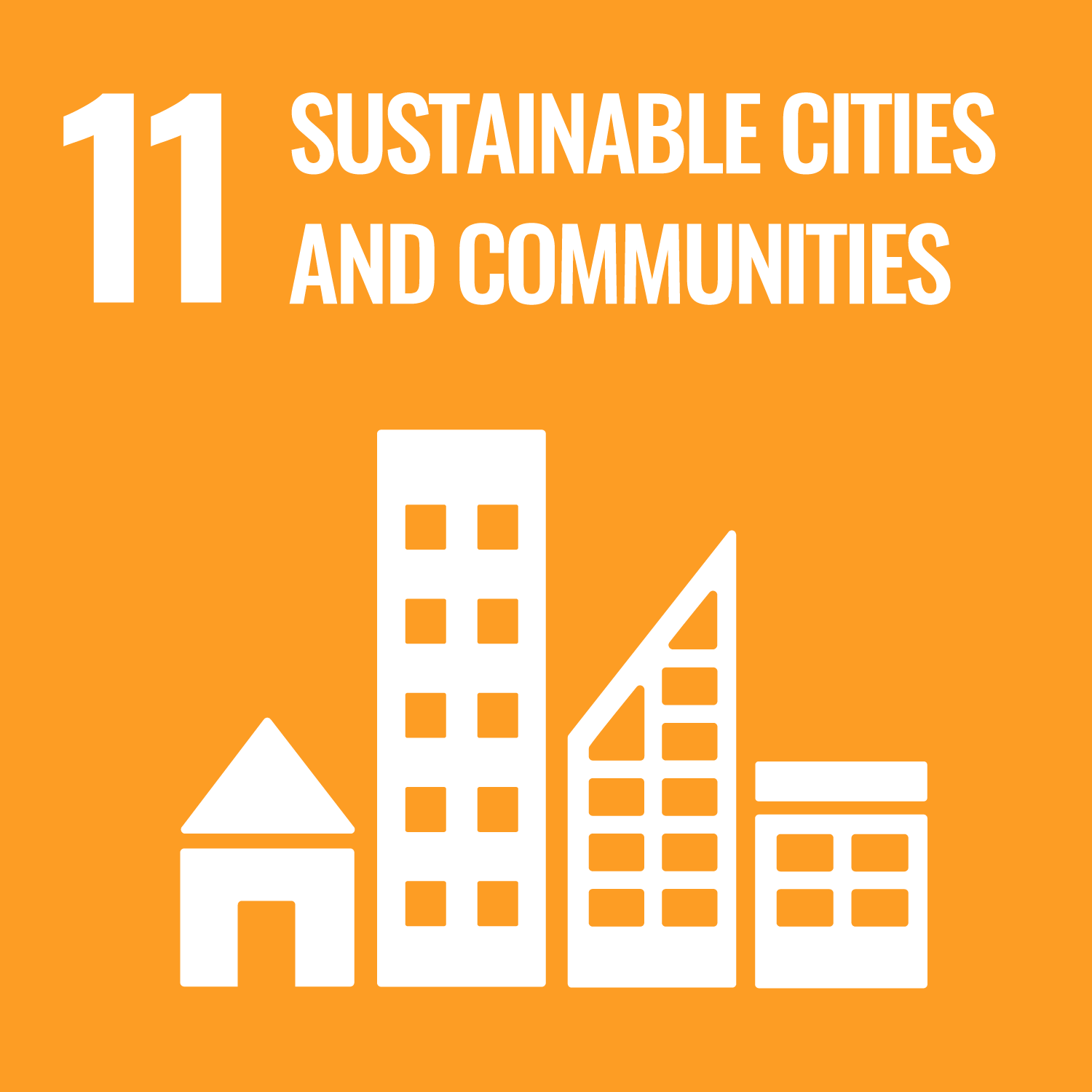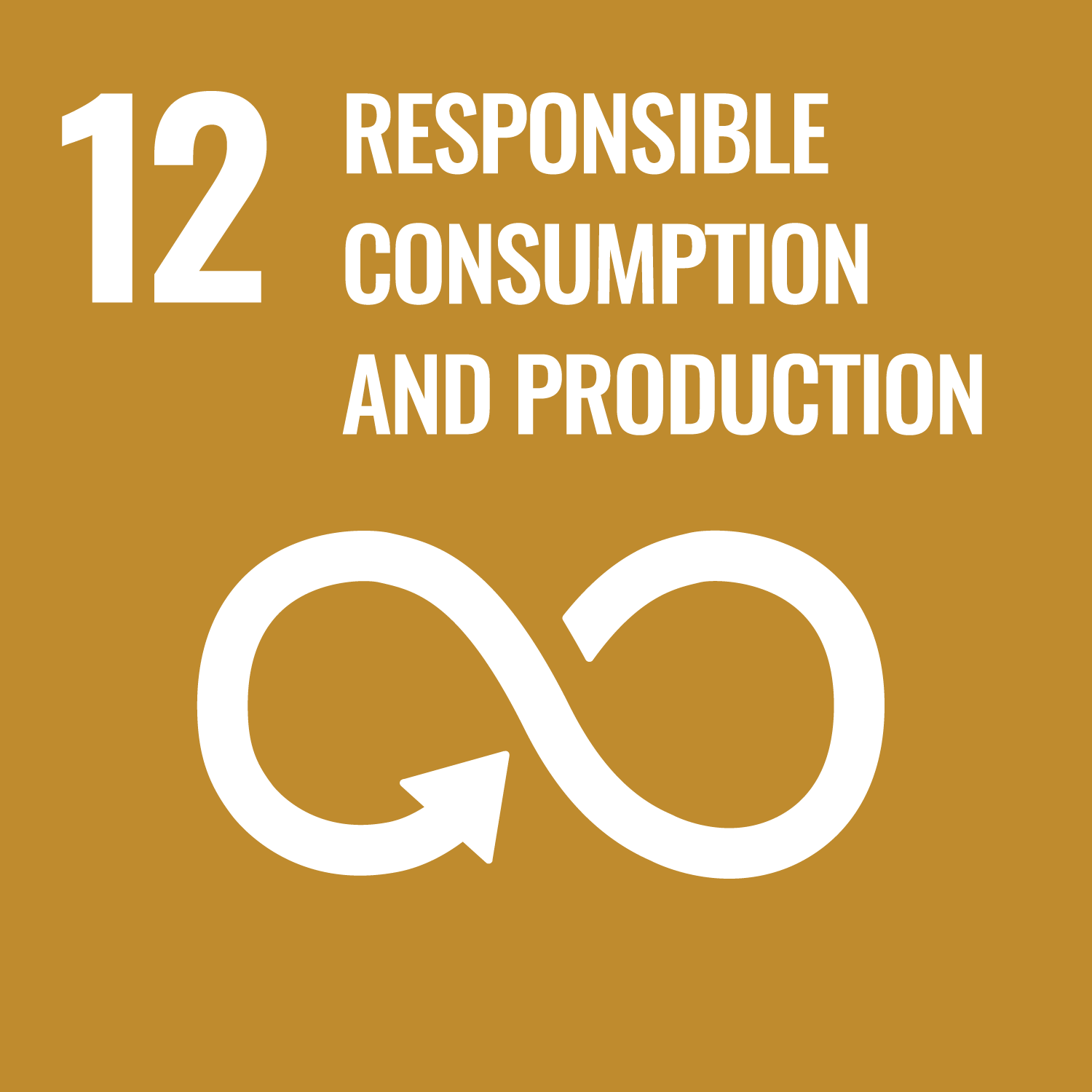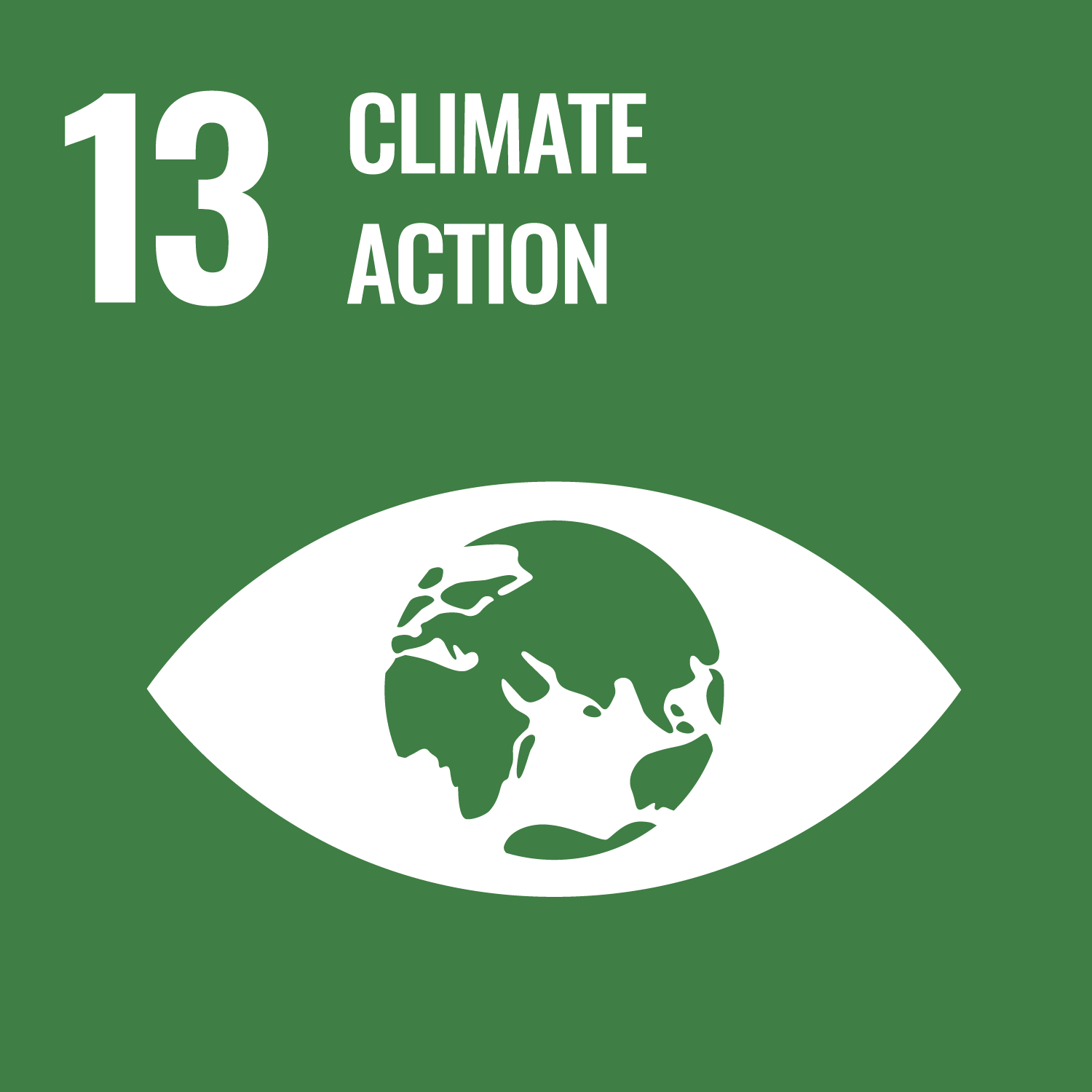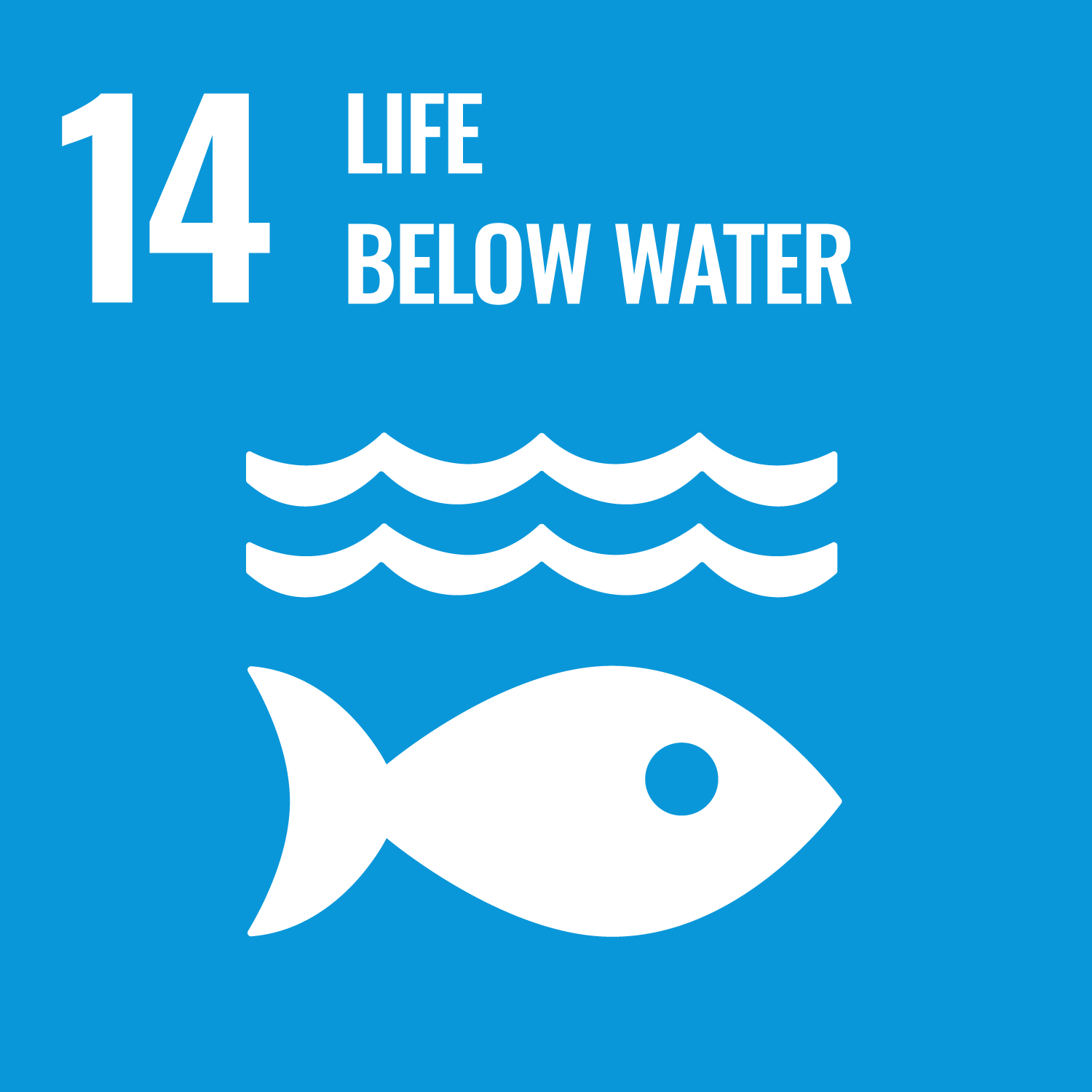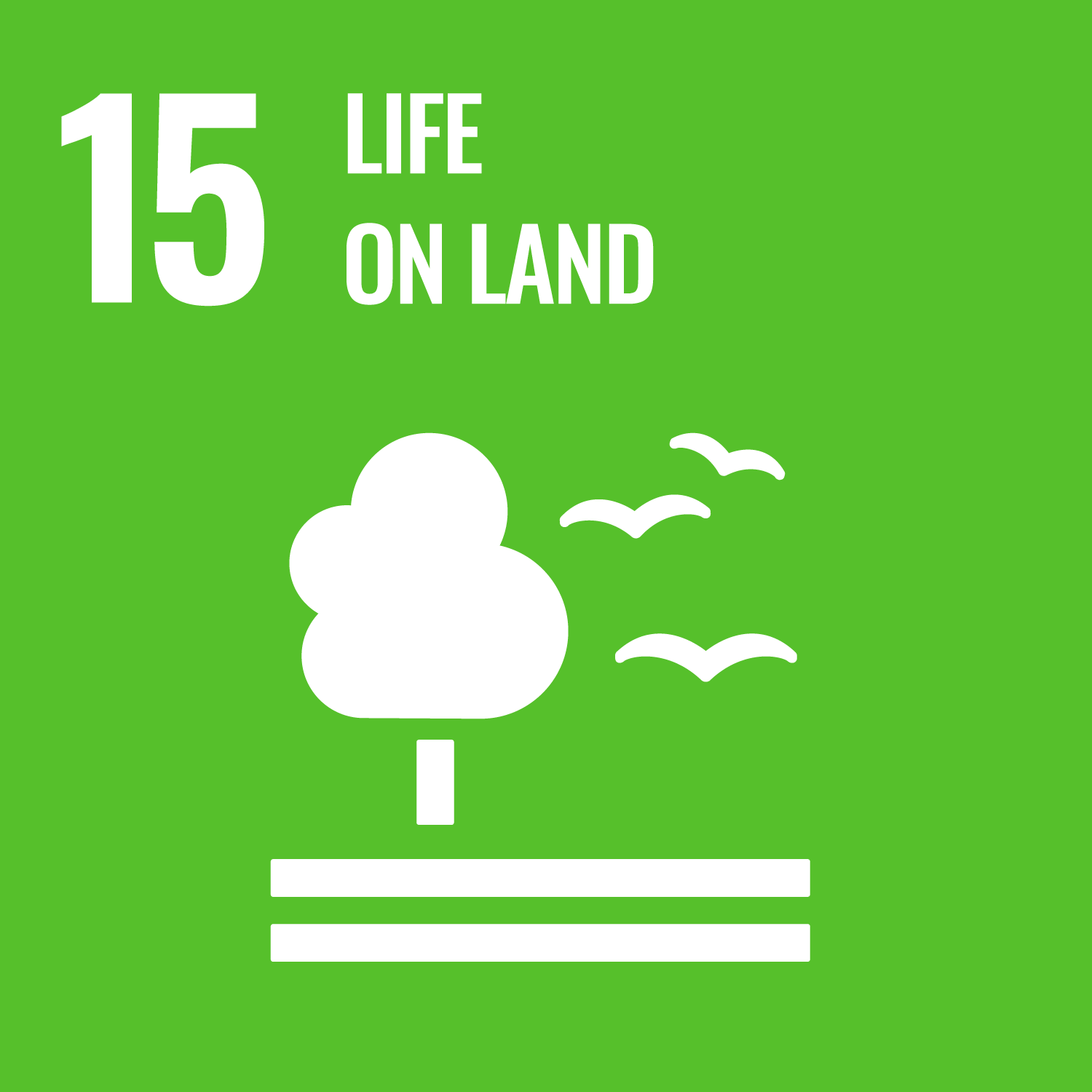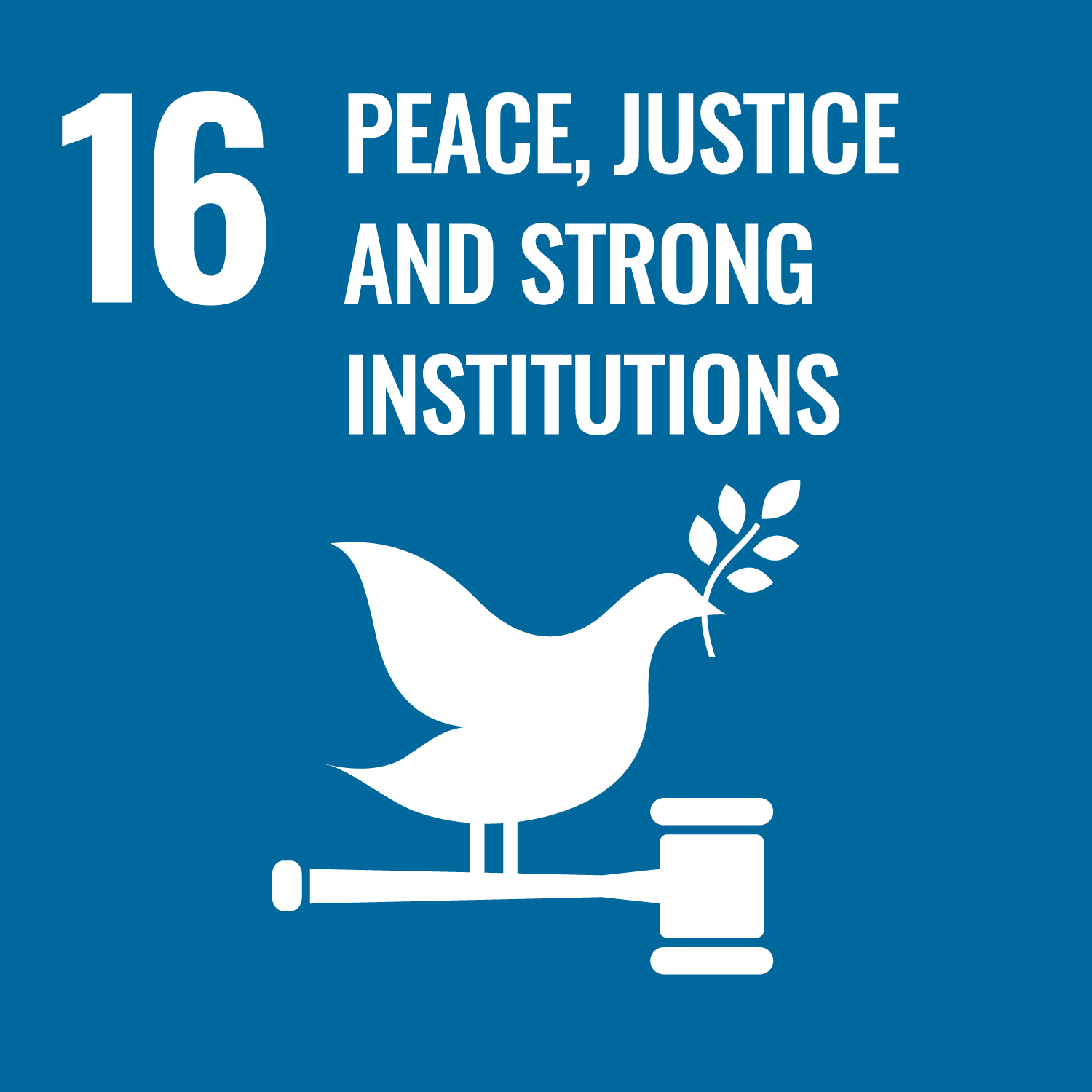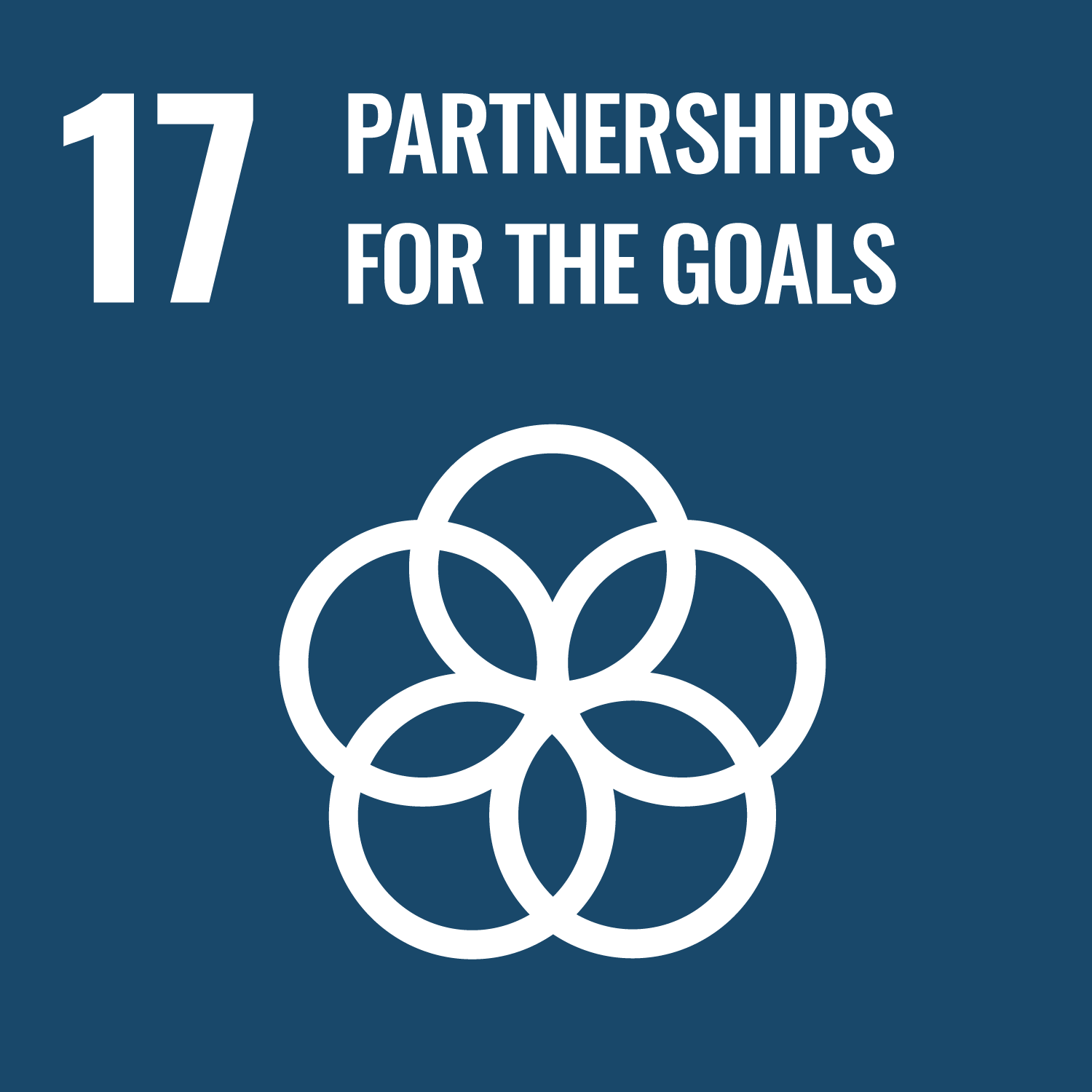Survey training in Yakushima by the Oguri Seminar on "The Philosophy of the Yakushima Environmental and Cultural Village Concept and the Current Status of Actual Community Development" and its report exchange meeting.
Faculty of Law, Economics and Humanities
Department of Law, Economics and Sociology
Regional Society Course
OGURI Yuko
Background and objectives of activities
The philosophy of the Yakushima Environmental and Cultural Village Concept contains the message that it aims to realize "compatibility between development (human activities) and nature conservation" by "valuing the internal initiative (self-reliance) of the islanders. Moreover, this message is a question to modern society that transcends the local issues of Yakushima and still has universal value in terms of regional development. Today, 28 years after the establishment of this philosophy, what kind of community development is being promoted on Yakushima? In order to clarify this question, the Oguri Seminar (Social and Environmental Education Seminar), which conducts an annual regional survey practice during the summer vacation, has set its field on Yakushima Island.
Summary of Activities
Research began in July, and we narrowed down our concerns to "[island-based education] and [the involvement of local residents] in bringing the philosophy of the Yakushima Environmental and Cultural Village concept closer to reality," set issues (questions) that we wanted to clarify in the survey, prepared interview items (questionnaires), and went to Yakushima for four days and three nights in August. In order to gain a three-dimensional understanding of the "present" of Yakushima, we interviewed more than 25 people from Yakushima City, Kagoshima Prefecture, the national government (Ministry of Environment) and other related organizations and educational institutions, two villages in Yakushima City (Ichiminato and Nakano), NPOs, and other organizations and individuals, and experienced the natural and cultural experiences of Yakushima. A summary report was prepared on the three topics of "islanders' participation and endogenity," "cooperation on Yakushima," and "communication on Yakushima," and a 240-page report was produced. Two online report exchange meetings were held in March and July of the following year to discuss the recommendations with local residents.
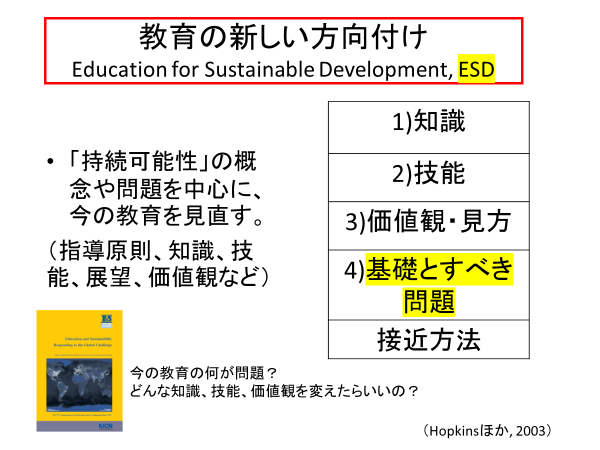
Expected Benefits
Yakushima was the first island in Japan to be designated a World Natural Heritage Site in 1993, and Yakushima was the first in Japan to address the local issues of restoring the balance between nature and human activities (i.e., creating a new community in harmony with nature, beyond the conflict between conservation and daily life). The re-learning of Yakushima's past progress will provide suggestions on how to link education with global warming and the challenges of creating sustainable cities that also take into account the protection and restoration of ecosystems.
